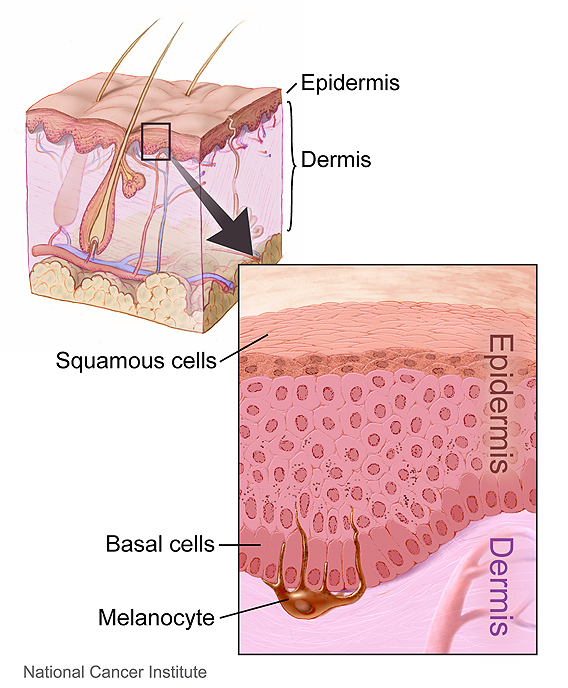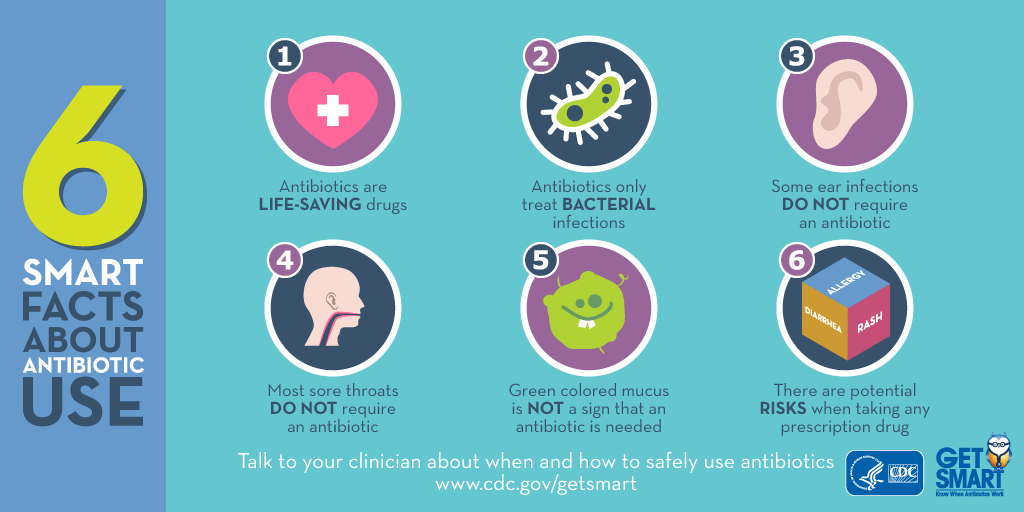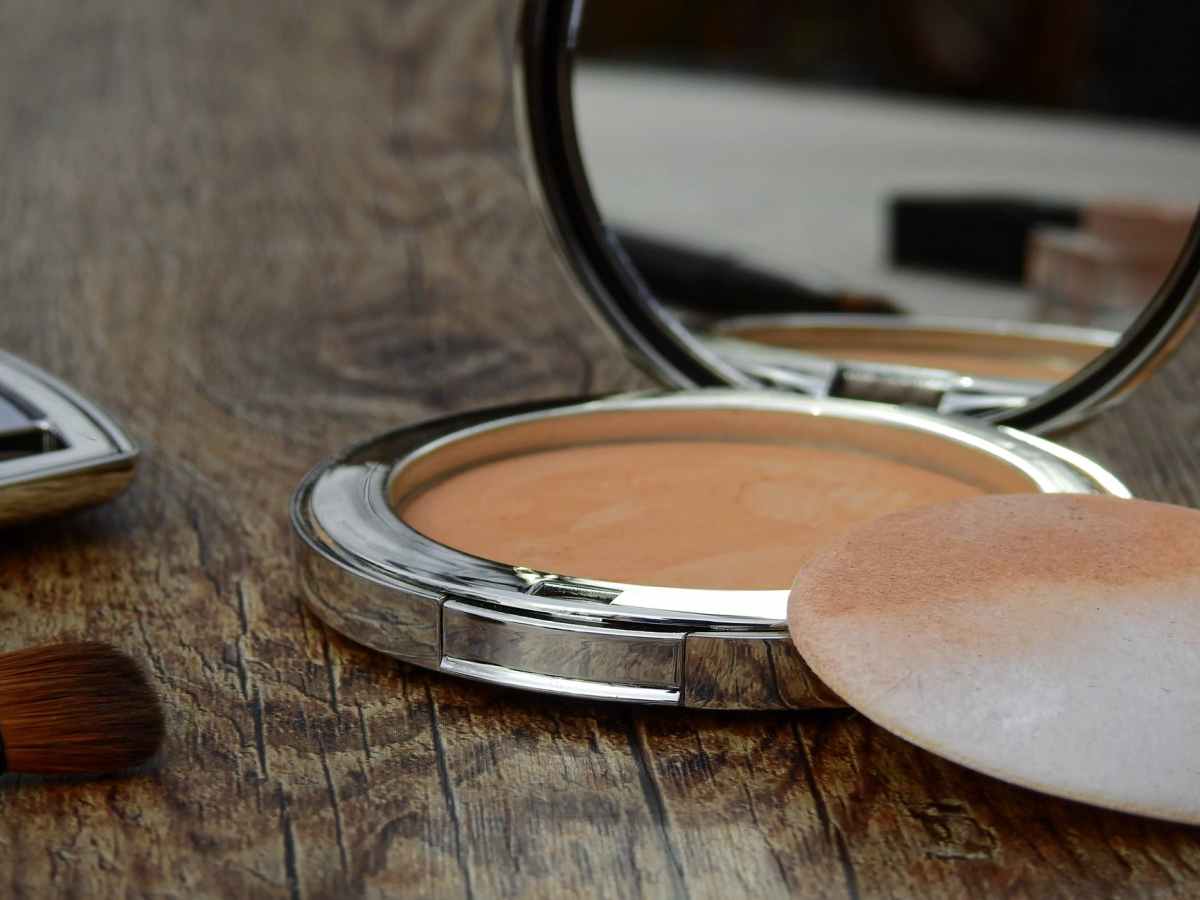In a previous post I told you how smoking and sunlight affect our skin- premature aging, dryness, and increased risk of skin cancer. Here is a link for you to review or read if you missed it.
How smoking and sun affect your skin’s look and feel

Here is a review of the skin’s layers
Medications and skin -help and harm
In this post I’ll talk about ways medications can adversely affect skin health.
Medications, both prescription and over the counter, can relieve symptoms, hasten healing, and save lives. Even so, adverse reactions are always a risk with any drug. Some of these adverse reactions can involve the skin.
So it is vital that patients and doctors avoid unnecessary or inappropriate use of medications.
Sun sensitivity due to medication
As mentioned in the previous post , some medications can make your skin more sensitive to sun exposure, called drug-induced photosensitivity.
Any drug can cause a reaction, even if you have taken it before without a problem. Some of the more common “skin reaction drugs” include
- Anti-inflammatory medications, the NSAIDs
- Psychiatric medications
- Chemotherapy drugs
- Blood pressure lowering meds
- Antibiotics
- Statins-cholesterol lowering drugs
Reactions can vary from scaly rashes, blisters, redness, dryness, itching, to severe eruptions all over the body that can be painful and occasionally life threatening.

Melasma-drug induced skin color change
Melasma (muh-LAZ-muh) is a common skin problem. It causes brown to gray-brown patches, usually on the face. It is much more common in women, probably because it is triggered by female hormones, so it often starts in pregnancy. Women of color are also more susceptible.
Melasma can be caused by
- Sun exposure
- Hormone medications-birth control pills, post -menopause hormonal therapy
Here is an excellent discussion and photos of melasma from the American Academy of Dermatology

Use antibiotics wisely for your skin’s sake
Probably the most common drugs that cause a rash or other adverse effects are antibiotics, probably because they are used so often. A
Antibiotics such as penicillin, amoxicillin, sulfa, tetracycline, and ciprofloxacin can cause several skin reactions .
- urticaria, also known as hives
- photosensitivity, mentioned above
- a scaley rash that may peel off
- a measles-like rash, called morbiliform
- blisters
So doctors prescribe antibiotics only for infections that are serious enough that the risk of adverse reaction is worth the possible benefit.
Colds, flu, and bronchitis are caused by viruses and don’t respond to antibiotics. Even sinus and ear infections don’t always need an antibiotic to resolve. Please don’t pressure your doctor for an antibiotic when you don’t need it. Read more about antibiotic misuse at my previous post
How to navigate the antibiotic highway

The American Academy of Dermatology shares
10 skin care secrets for healthier skin
What you should and shouldn’t do now
Please understand I am not saying we should never use these medications as sometimes they are the best choice for our overall health. You should be aware of the potential for reactions and report them promptly to your doctor if they occur.
If you are taking any of the drugs listed here, do not stop without talking to your doctor.
exploring the HEART of healthy skin
Thanks for joining me to explore skin problems and the HEART of health. Even if it’s winter where you live, don’t forgo sunscreen; the sun doesn’t take a holiday from damaging skin.
Dr. Aletha

Arbonne Skin Care Products




Thank you Dee. That sounds like a useful app.
LikeLike